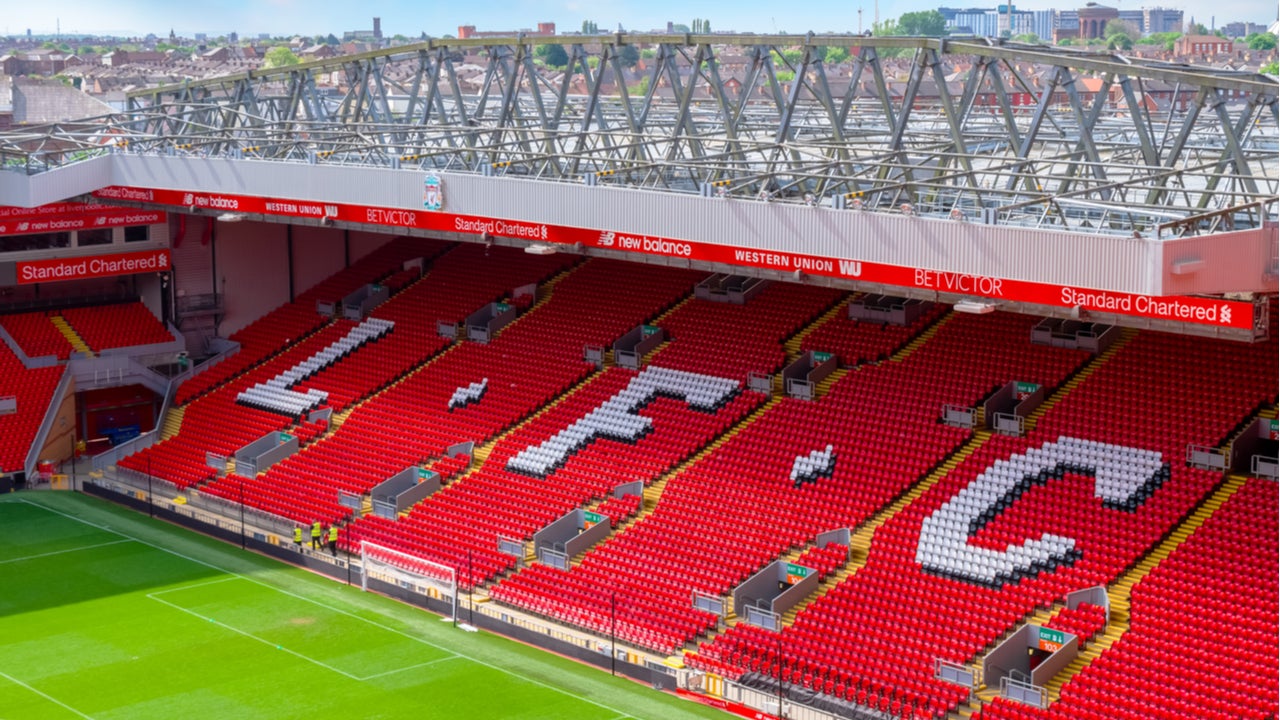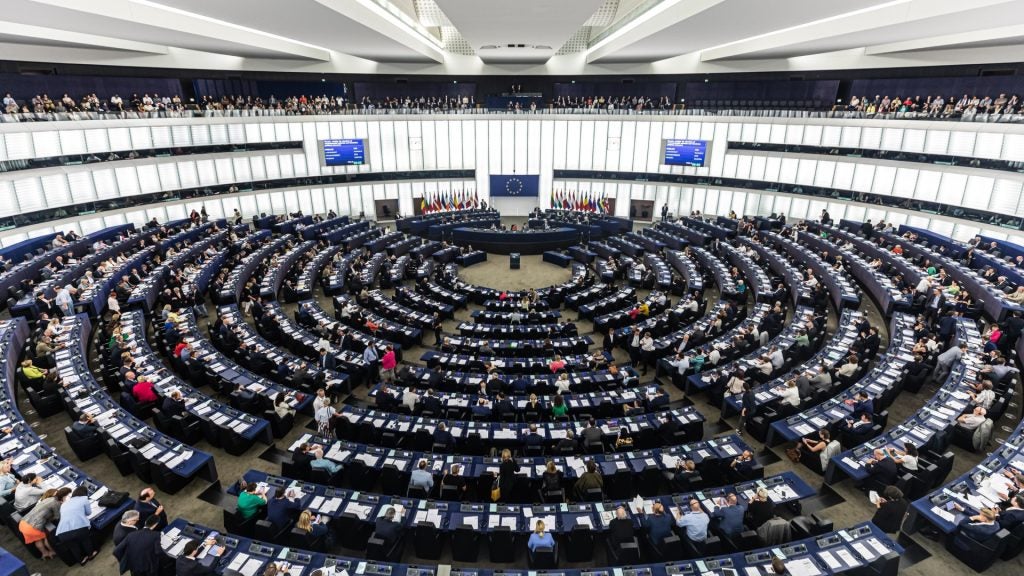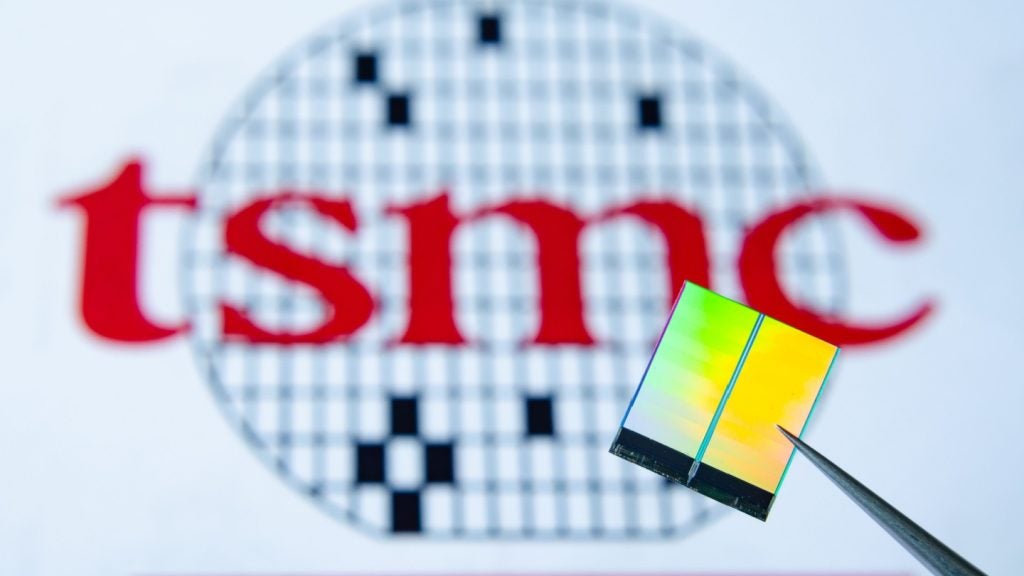
Deloitte Football Money League results highlight difficulties faced by the richest football clubs. Covid-19 is estimated by to cost the clubs over $2.3bn by the end of the current season. This follows a loss of $1.3bn recorded at the end of the extended 2019-20 season.
The pandemic led to the postponement of top divisions in Europe in March with the French premier division, Ligue 1, cancelled entirely. Suspended leagues returned in May and June but were staged behind closed doors disrupting match day revenue.
Clubs have faced an £832m drop in broadcast revenue. A chief cause of this was the delayed end to the 2019-20 season. As a result, broadcast revenue was delayed into the 2021 financial year. According to results in October, Manchester United reported their broadcasting revenue had been significantly reduced 41.9% from £240.2m to £141.2m.
Barcelona kept its crown as the largest revenue generating club with $856.7m but this fell from $1.0bn, and was the second largest decline in absolute teams behind only Manchester United.
The Spanish club also just released its annual report which revealed debt of $1.5bn of which $886m is short term debt. The club’s financial woes are currently being compounded with poor on pitch performances which provide concerns particularly with cost of players wages representing 74% of income.
Although, these clubs still wield significant financial power we are likely to see more careful spending in the coming years. This could reverse the trend of increasingly vast transfer fees paid for new signings.
How well do you really know your competitors?
Access the most comprehensive Company Profiles on the market, powered by GlobalData. Save hours of research. Gain competitive edge.

Thank you!
Your download email will arrive shortly
Not ready to buy yet? Download a free sample
We are confident about the unique quality of our Company Profiles. However, we want you to make the most beneficial decision for your business, so we offer a free sample that you can download by submitting the below form
By GlobalDataSome clubs will be encouraged by the results
Liverpool broke into the top five for the first time since 2002 as on pitch success translated to boosted financial performance. Although revenues declined by 8% this was less than clubs around them due to money generated from winning the Premier League and recent success boosting their popularity globally.
Some 18 clubs retained their position in the list, however, AS Roma and West Ham United were replaced by Eintracht Frankfurt and Zenit St Petersburg. Zenit and Everton were the only clubs which saw revenue increases.
Everton have benefitted from investment from their owner as well as lucrative sponsorship deals. A shirt sponsorship with Cazoo and a kit deal with Hummel were significant as well as a deal with USM for future naming rights of their stadium.
However, despite all these lucrative deals Everton’s revenue increase was marginal and the club could see a decline next year.
Financial difficulties are likely to continue in the absence of match day revenue
The financial impact of fans absence is likely to be felt more in next year’s report. The return of fans in large numbers is still a long way off with new strains of the virus causing havoc across the continent.
Match day revenue is a strong pillar of club revenue, so until this is back to normal we can expect clubs to be more careful with finances.
This is particularly the case at lower levels of football where commercial revenue is negligible and match day earnings makes up the majority of income. Without adequate financial support this could result in clubs going out of business.









Related Company Profiles
Manchester United Plc
Cazoo Group Ltd